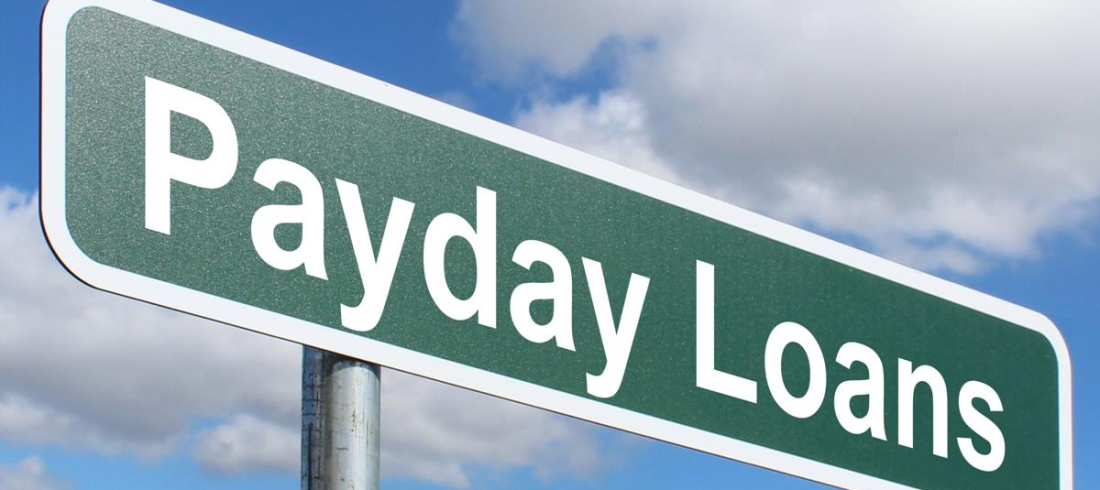As an individual, your knowledge of the interest rate will probably limited to the rate that affects your debts and loans. The higher the interest rate, the higher the amortization you’ll have to pay every month.
It even has a more profound impact when you’re managing a business. While it affects personal finances the same way, the effects of an interest rate is even more apparent with corporate entities. Cash flows become more restricted – higher interest rates mean that expenditures can rise, limiting the amount the company retains as profit.
The bigger picture is – higher interest rates actually impact the stock market. So, if you’re an investor in the market, you’d do well to study the “ripple effect” that interest rates can have on the stocks that you have put money into.
Now, for demonstrative purposes, we will be using the Federal Reserve as a governing body. However, central banks and other similar authorities around the world operate around the same rules and have the same effects.
The Federal Funds Rate
In the United States, the federal funds rate is the interest rate that, more or less, dictates the interest rates that banks impose on their clients. It is basically a tool that the Federal Reserve uses as a means to control inflation as well as stimulate the economy.
Now, when the Federal Reserve issues an order that increases the Federal Funds rate, it has the following effects:
Loans become more expensive to pay, causing companies to experience a loss in spending capacity. This is the same effect it has on individual creditors, who experience a decrease in disposable income.
Companies experience a loss of confidence in their capacity to earn and continue their projects. Higher interest rates mean less profits, and perhaps the halting or even canceling of several planned projects/new products that could have potentially bring income to the company.
Stock prices will fall as short-term investors take on a “wait and see” approach to their investments. This is an attempt to protect themselves from an actual fall in stock prices as companies experience negative effects on their cash flows as a result of an interest rate increase.
Conversely, when the Federal Reserve cuts back on the interest rate, the effects are reversed. Companies are now able to spend more money and realize more profits. As you have already seen, it boosts investor confidence in the company’s capability to keep itself afloat and to fund possible new sources of income.
It’s worth noting that the only sector that is not negatively impacted by an increase in interest rates is the financial sector. Banks and financial institutions have more to gain from a higher interest rate as they are able to earn more profit collecting from their clients’ debts.
This is actually just a snapshot of what effects the rising and falling of the central interest rate can have on the economy as a whole, and the stock market in general. There is a wealth of information, of course, that is available on the Internet.
Do you want more articles like this? Feel free to follow our blog and our social media accounts.
Photo credit : Flicker.com






